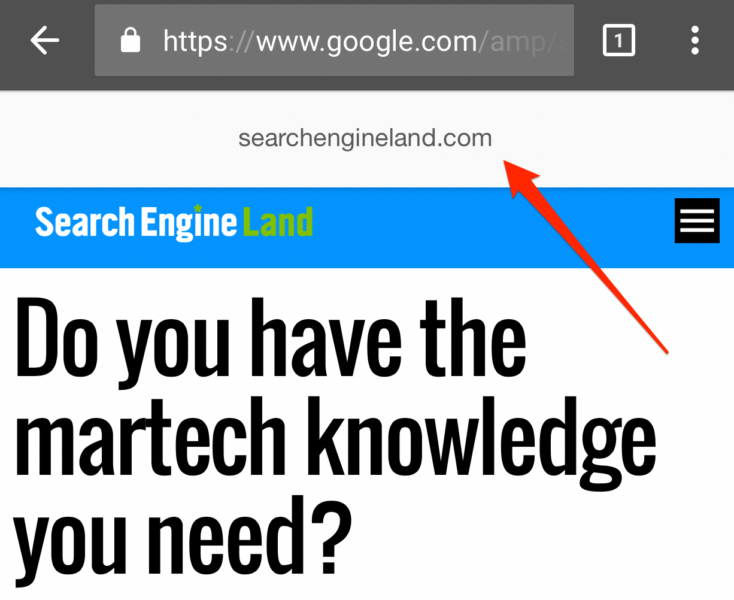Welcome to our weekly round-up of all the latest news and research from the world of search marketing and beyond.
This week, we look at a new feature by Instagram that models itself on Facebook; moves by Google to tackle ‘non-authoritative’ sites which rank too highly; and an upcoming change which will make AMP content easier to link to.
Retailers struggle with the post-Black Friday lull
Just two weeks ago in our Friday search news round-up, we established that record-breaking levels of sales and spending mean Black Friday won’t be going anywhere for a while. But now, new figures from the NPD Group have cast doubt over whether retailers will make this holiday shopping season a success after all.
Al Roberts reported for Search Engine Watch this week on how heftier discounts and more abundant week-long deals than in previous years mean deeper holes for retailers to climb out of in order to match last year’s sales numbers.
The record-breaking Black Friday and Cyber Monday sales figures are evidence of the fact that more and more of consumer purchasing activity is taking place through digital channels. But it’s important to remember that despite the growing importance of their websites and mobile apps, many retailers still operate as multi-channel businesses, so the online sales figures only tell part of the holiday shopping story.
The question remains whether retailers can regain lost ground during what’s left of 2016, or whether discounts have been too heavy for them to make up the shortfall.
Instagram introduces saved posts
It seems that Instagram is introducing new features almost every week in a bid to keep up with other popular platforms. This week, we see Instagram taking a leaf out of Facebook’s book by introducing saved posts.
It’s easy to lose a post you like in a crowded Instagram feed, but now Instagram has developed a feature that allows you to quickly and easily collect your favourite posts together all in one place, by tapping the bookmark icon beneath the post.
Tereza Litsa looked into the feature over on our sister site, ClickZ, and analysed what the change could mean for brands vying for the audience’s attention on Instagram.

Google makes a move to tackle ‘non-authoritative’ information with Holocaust denial site
Amid an ongoing storm of fake news controversy and a debate about how far sites like Google and Facebook are responsible for the information we encounter online, Google recently came under fire for ranking a Stormfront Holocaust denial article as the top result for the search, “Did the Holocaust happen?” Carol Cadwalladr, writing for the Guardian, observed that “according to Google, it’s the most authoritative source on the internet on the “question” of whether or not the Holocaust actually happened.”
This week, Danny Sullivan reported for Search Engine Land that Google has made changes to its algorithm in a bid to tackle ‘non-authoritative’ information ranking too highly in its search results, bumping the Stormfront article down into second place. Danny Sullivan wrote an in-depth exploration of the change, and considered how Google can develop policies to cope with the growing proportion of “post-truth” content on the internet.
Google plans to makes it easier to share AMP content with URL change
In last week’s search news round-up, we reported on Accelerated Mobile Pages results showing up in Google Image Search, expanding the AMP experience beyond the Top Stories carousel and core mobile search results. Now, Search Engine Land has word of another upcoming change to AMP that will make it easier to share them.
One of the key features of AMP, and a big advantage for Google, is that users browsing Accelerated Mobile Pages stay within Google. While they are viewing content created by a separate publisher, the URL for that page reflects that they are still on Google. However, this fact makes it more difficult for users to share links to AMP content, as they may find the Google URL confusing; and has led to concerns by publishers that Google is making it harder to share and bookmark their content.
But this could change in early 2017. Google has told Search Engine Land that the header which appears above AMP content will soon allow people to more easily select and copy the URL of a publisher’s story.

Image: Search Engine Land
The header may also include options to share the article on social media. Given that Accelerated Mobile Pages were designed to speed up the web, this change would make it quicker and more convenient to share AMP content, and could lead to a wider embrace of AMP by publishers and webmasters in the process.

